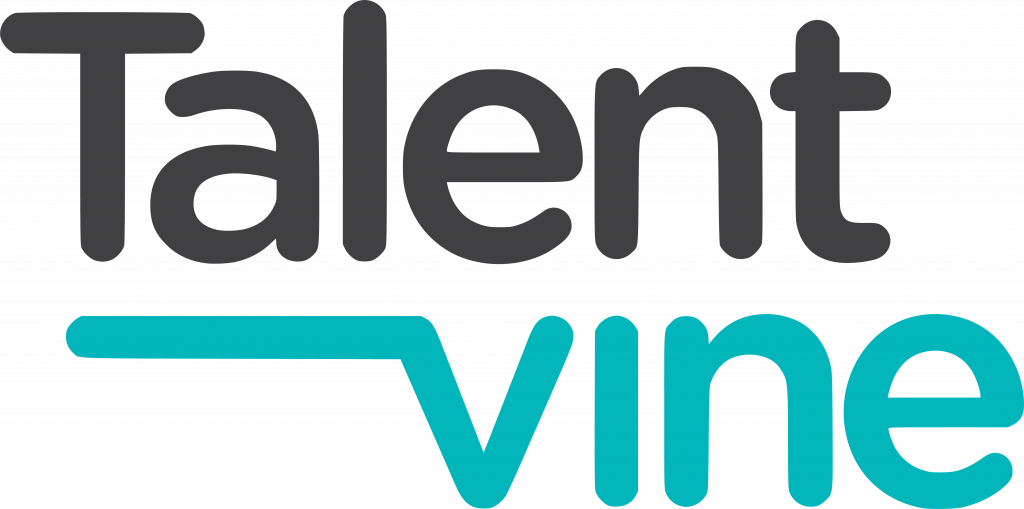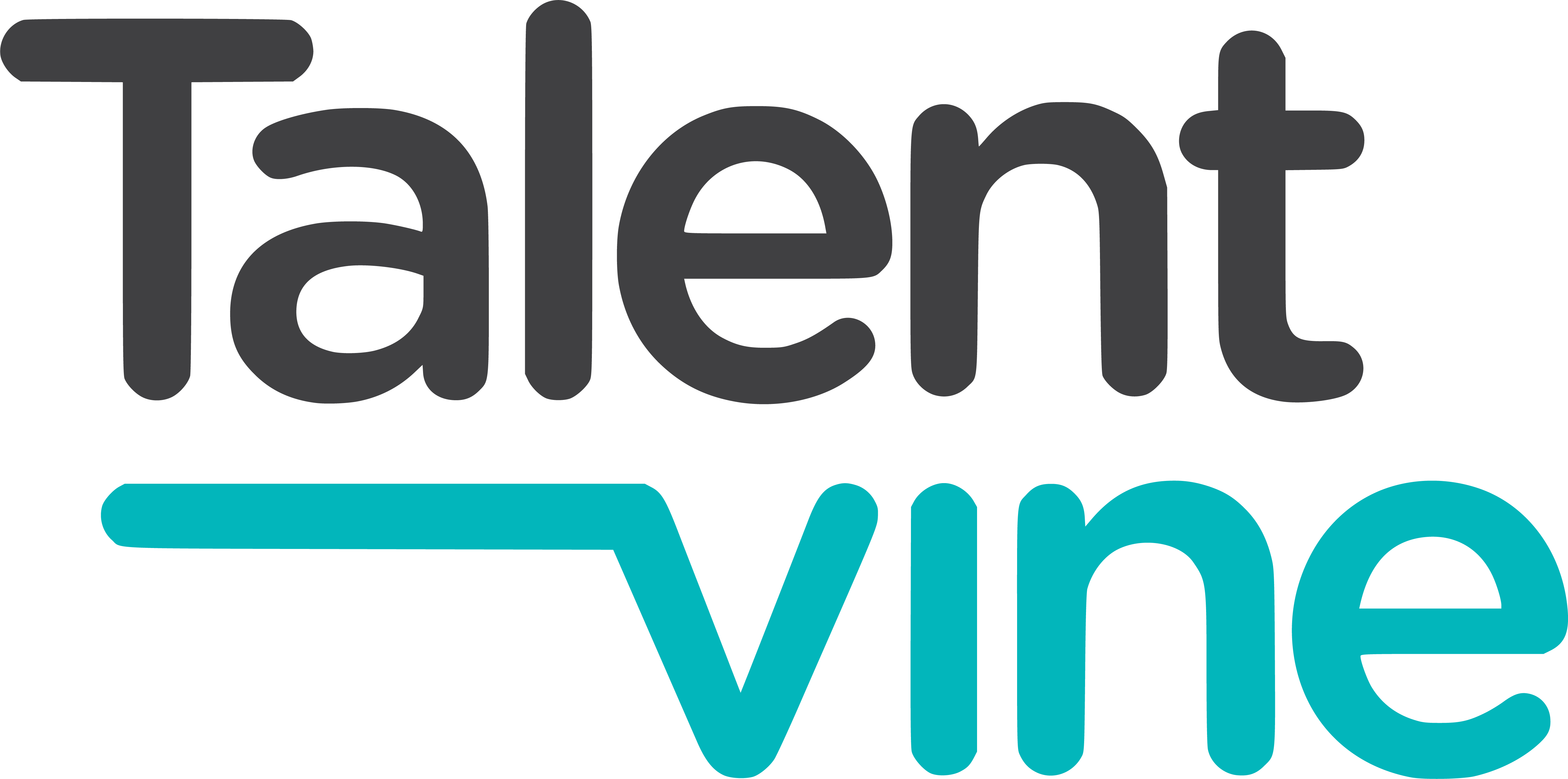2024 promises to be another year of new trends, shifts, and recruitment strategies. Are you prepared for it?
As we begin the new year, it remains vital to anticipate and adapt to this changing environment.
In this article, we explore and explain the upcoming recruitment trends predicted in 2024, as well as the underlying reason why these patterns are emerging. In a time when employers and recruiters are key players in shaping the workforce of the future, let’s take a look at what that future holds.
Here are the key themes that we predict will define recruitment strategies and practices in the coming year.
8 Recruitment Trend Predictions for 2024
1. Pay Transparency
Salary transparency has become an increasingly important part of HR legislation, particularly within the gender pay gap discussion, with new laws being introduced in many jurisdictions. As we head into 2024, we expect the momentum behind pay transparency to continue, reshaping the way recruiters approach compensation discussions.
Currently, countries like Canada, Chile, France, Germany, Iceland, Lithuania, the UK, and the US have already implemented pay transparency legislation or policies.
The multifaceted nature of these legislative measures shows the need for recruiters to stay vigilant and informed to comply with evolving regulations. Pay transparency is not merely a legal compliance issue; it is a pivotal aspect of attracting top talent and signifies a workplace culture that values fairness and equity.
2. Embracing Generative AI and Automation
The transformative impact of generative AI and automation on the workforce is a dominant theme in the recruitment landscape. Organisations are expected to adapt their recruitment strategies, seeking candidates with a blend of technical expertise and soft skills, emphasising collaboration with AI systems.
As AI plays an ever-expanding role, recruiters find themselves at a crucial juncture. They must weigh the benefits of AI in expediting processes, improving efficiency, and enhancing diversity, equity, and inclusion (DE&I) against potential risks. Challenges include accuracy concerns and a growing awareness of algorithmic bias. Striking a delicate balance between leveraging technology for efficiency and preserving the human touch in recruitment becomes a focal point for strategic decision-making.
3. Proactive Candidate Engagement
Traditionally reserved for executive positions at the C-suite level, this approach is continuing to make inroads into the realm of lower and middle-level roles. Accessing passive candidates through proactive candidate outreach allows organisations to refine and expand their talent pool.
The recognition of its relevance in filling roles at various organisational levels underscores the growing importance in building a robust and dynamic talent pipeline. As key decision makers increasingly acknowledge the need to tap into a broader pool of talent, the strategic deployment of proactive engagement strategies becomes a crucial aspect of modern recruitment practices.
4. Diversity and Inclusion
The pursuit of diversity and inclusion (DEI) has emerged as a cornerstone of progressive workplace practices, fostering innovation, creativity, and enhanced profitability on a global scale. While this concept has gained traction among business leaders for years, the recruitment landscape has yet to fully align with the principles of diversity tracking and inclusion metrics. However, as we gaze into the future of 2024, we anticipate a transformative shift in this realm.
This landscape requires a change of recruitment strategies, with a strong emphasis on using tools designed to eliminate bias in the evaluation and hiring of candidates. As the inclination towards diversity and inclusion becomes a decisive factor in candidate decision-making, employers and recruiters must pivot towards more inclusive hiring practices to remain competitive in the evolving talent market.
5. Recession Concerns
As economic indicators fluctuate, the potential for a looming recession casts a shadow over the recruitment landscape.
One notable impact is the reduction in business recruitment plans, leading to a diminished demand for new hires. Hiring freezes, as a short-term risk mitigation measure, may become a prevalent strategy for organisations looking to navigate economic turbulence. The consequence of these factors is an increase in talent competition.
However, in the face of these challenges, recruiters can draw upon expert recommendations to navigate the complexities of a potential recession. Strategies encompassing resilience, differentiation, and strategic talent acquisition are essential for weathering economic downturns. The ability to adapt and innovate becomes paramount as organisations strategise to secure top talent in an unpredictable economic landscape.
6. Early Career Hiring
In recruitment, the approach towards early career hiring is undergoing a transformative shift. While professional jobs traditionally demand degrees, we are already beginning to see a departure from convention. Recruiters are casting their nets wider, with larger employers extending their reach, seeking hires from technical and non-traditional background experience.
The motivations behind this strategic shift are multifaceted. Financial considerations play a pivotal role, as entry-level hires command lower salaries, making them an attractive proposition for organisations navigating budget constraints. However, the evolution of recruitment practices goes beyond this; it is a strategic response to the need for building a more inclusive business environment.
In the pursuit of fresh ideas and the establishment of an inclusive organisational culture, recruiters are recognising the importance of widening the talent pool. The recruitment landscape of 2024 places a premium not only on cost-effective hiring but also on fostering DE&I from the earliest stages of a professional career. This strategic approach aligns with the evolving expectations of young hires, who, more than ever, demand more from employers—more inclusion, more training, more compassion.
7. Hiring for Soft Skills
The prevailing trend in 2023, predicted to continue into 2024, is a focus on soft skills. This shift holds immense potential for breaking down barriers and levelling the playing field, fostering an environment where skills take precedence over traditional markers of prestige. As businesses grapple with a multitude of skills gaps, the focus on soft skills reinforced by training becomes paramount.
Organisations are expected to reorient their recruitment strategies to align with the long-term strategic direction of the company. This involves a deliberate focus on the skills needed for the future, necessitating a strategic approach to recruitment. Job postings and internal opportunities are likely to highlight a diverse array of skills, fostering a dynamic environment where candidates can explore lateral moves to unlock hidden potential within the organisation.
Recruiters, in this landscape, play a pivotal role in identifying and evaluating a candidate’s soft skill set. The evolving nature of work demands adaptability, and this emphasis ensures that organisations remain agile in the face of changing dynamics.
8. Remote and Hybrid Opportunities
The prevalence of remote work, which gained unprecedented prominence during and after the pandemic, continues to shape the recruitment landscape. While the concept of working from home may now seem commonplace, its enduring influence as a recruitment trend is far from fading as we approach 2024.
Organisations and recruiters must identify a nuanced approach to remote work that resonates with the majority. Achieving a delicate balance that caters to diverse needs while highlighting the benefits of hybrid work becomes a strategic goal. Employers, recruiters, and HR professionals collectively face the challenge of identifying efficient techniques and methods for remote recruitment and managing hybrid teams necessitating additional training and learning to navigate the evolving dynamics of remote work.
Final Thoughts
Looking ahead, recruiters in 2024 face practical challenges, from early career hiring to remote work strategies. The focus is on staying agile in a changing job market and leveraging technology without losing the human touch. In this landscape, adaptability is key, ensuring that recruitment practices align with evolving workforce expectations and industry demands.








